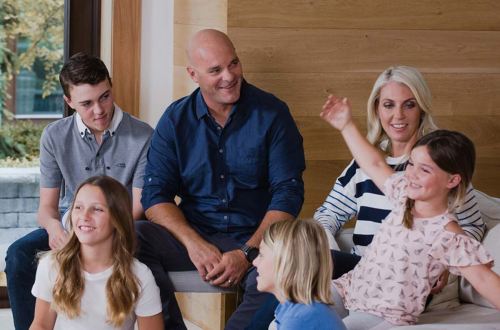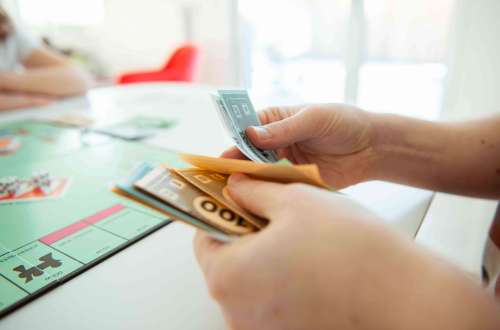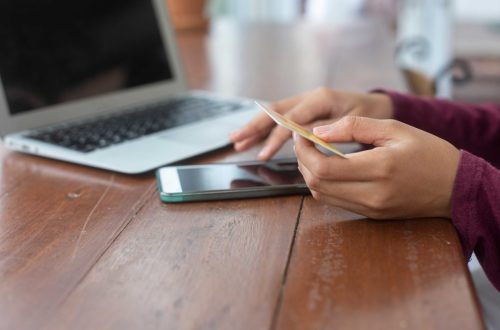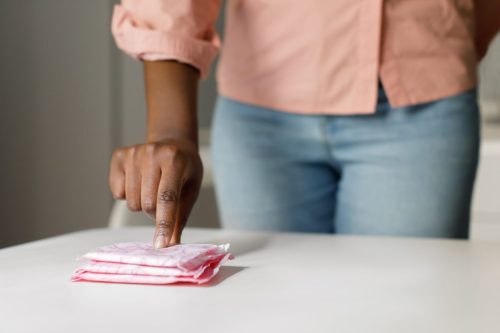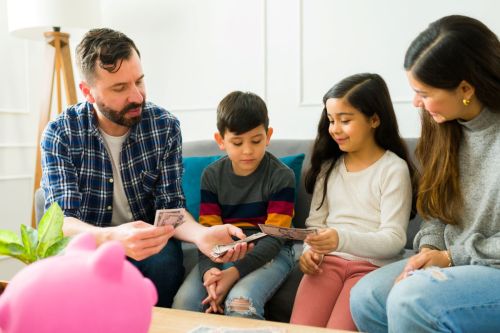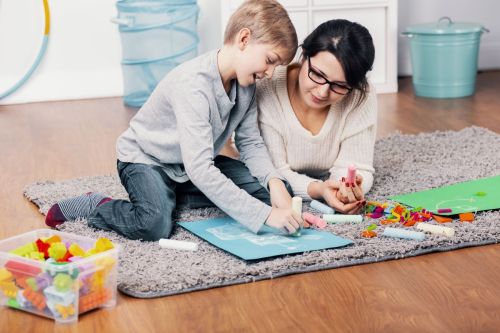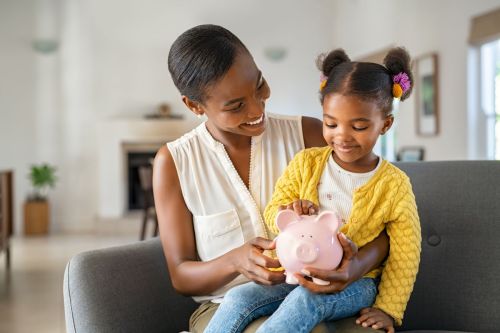Have you ever heard people say, “you should shop local”? Well, what they are actually saying is you should support your local economy. During times of uncertainty in the economy, it is even more important to show our love for family and local businesses.
If you already shop local – congratulations! Share your favourite places to shop and some of your favourite items with your friends and inspire them to shop local too.
What is a local economy?
Our neighbours and community create local economies through the shops they own and operate in your neighbourhood. Not the big box stores which import products from other countries but the stores that focus on sourcing their products and items for sale from your neighbours and fellow Canadians.
What does it mean to shop local?
Shopping local could look like buying your morning coffee from the local coffee shop versus going to a big brand. Or it can be buying your fruit, veggies and baked goods from the farmers market.
Why buying local is important
Shopping local creates a local and environmental stimulus. Let’s look at the farmer’s market example.

- 💚 First, we have our local farmer. He and his family grow strawberries, rhubarb, blueberries and raspberries in Ontario.
- 🍓 In the summertime, when the strawberries are ready for picking, he hires a few students looking to earn some summer money to help him harvest the fruits and sell them at his stand.
- 🧁 Using some of the strawberries and rhubarb, his family decides to make delicious muffins to sell at the stands too. Who doesn’t love a strawberry and rhubarb muffin!
- 🚜 With the money he makes selling his harvest, he pays the students and asks his neighbour, who has a local repair shop to fix his tractor that broke.
The economic impact of shopping locally
The farmer created local jobs for the students, earned revenue from his community purchasing his harvest, and reinvested the profits he made into his neighbour’s local repair shop. Next summer, his neighbour will buy a few muffins and cartons of his fresh strawberries, continuing the cycle of the money staying within the community.
5 benefits of buying local products
You can support your community by shopping, dining or choosing fresh local foods. All these conscious choices help create jobs, supports economic growth, and injects much-needed dollars into the economy while rallying your community.
We’ve put together five key benefits of buying and dining locally:
1. Stimulates the local economy
Buying from local stores, restaurants, and farmers stimulates the local economy and makes it healthier by creating and supporting local jobs.
2. Keeps the money in the community
Buying local keeps the community’s money in the community, as local businesses are likely to be using the community’s services and buying their items. Keeping the money in the community helps it grow and be prosperous.
3. Creates unique items from the community
Shopping locally also creates a diverse array of local goods and services that are unique to that area. It also encourages entrepreneurship within the community. Our farmer from the example before who is focused on fruits may inspire another farmer to start growing and selling delicious vegetables.
4. Help the environment
Buying local reduces our impact on the environment since we aren’t paying for the goods to be shipped to us. Less air pollution and reduces our need for fossil fuels.
5. Support the community
Local businesses are more likely to take the initiative to support their community. This can be in the form of donating funds to non-profits or goods to events and those in need. Because local businesses are owned and operated by your neighbours, they are more invested in the well-being of their community compared to large conglomerates.
How can you and your family support the local economy?
Supporting local businesses could be as simple as buying ice cream from your local ice cream parlour instead of the big brand grocery store.
There are many ways you can support your local economy and get your kids involved too. By shopping local, you can teach your kids the power their money has in shaping their community and can give them a sense of pride, knowing they can positively contribute to their neighbourhood.
Find opportunities to change your shopping habits
Shopping and dining locally is about recognizing the strength and resiliency of all Canadians. By shopping locally, we all play a role in healing our communities and helping rebuild the Canadian economy.
Teach your kids the benefits of shopping local
Teaching your kids the benefits of shopping local is a great place to start! Getting your kids to shop local is a great way for them to get involved in the community and understand how their decisions can have a positive impact. Who doesn’t love the feeling of making a small business owners’ day when you make a purchase with them.
Mydoh can help teach your children the value of money and the impact their spending habits can make on the local economy. With Mydoh, your kids can manage their own money in the real world, making decisions to spend and earn while parents get visibility and the opportunity to have better money conversations.
Learn more about Mydoh and how it can help your kids build good money habits early in life.
Download the Mydoh money app for families
This article offers general information only and is not intended as legal, financial or other professional advice. A professional advisor should be consulted regarding your specific situation. While the information presented is believed to be factual and current, its accuracy is not guaranteed and it should not be regarded as a complete analysis of the subjects discussed. All expressions of opinion reflect the judgment of the author(s) as of the date of publication and are subject to change. No endorsement of any third parties or their advice, opinions, information, products or services is expressly given or implied by Royal Bank of Canada or its affiliates.
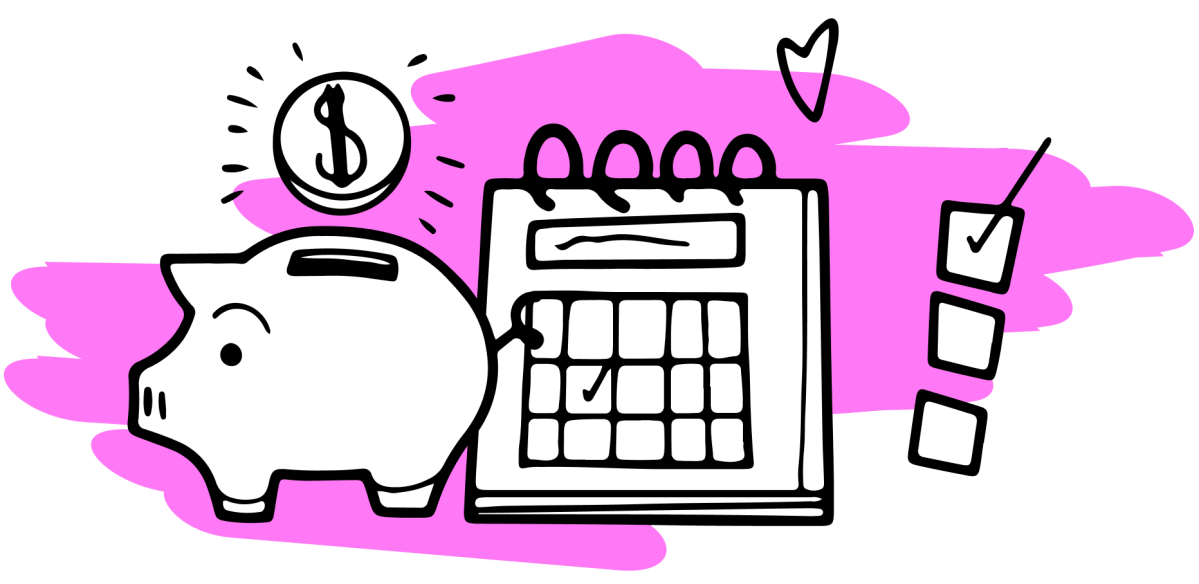
Teach Your Kids How To Earn, Spend & Save Money
with the Mydoh App &
Add up to five kids and two parents on one account.

